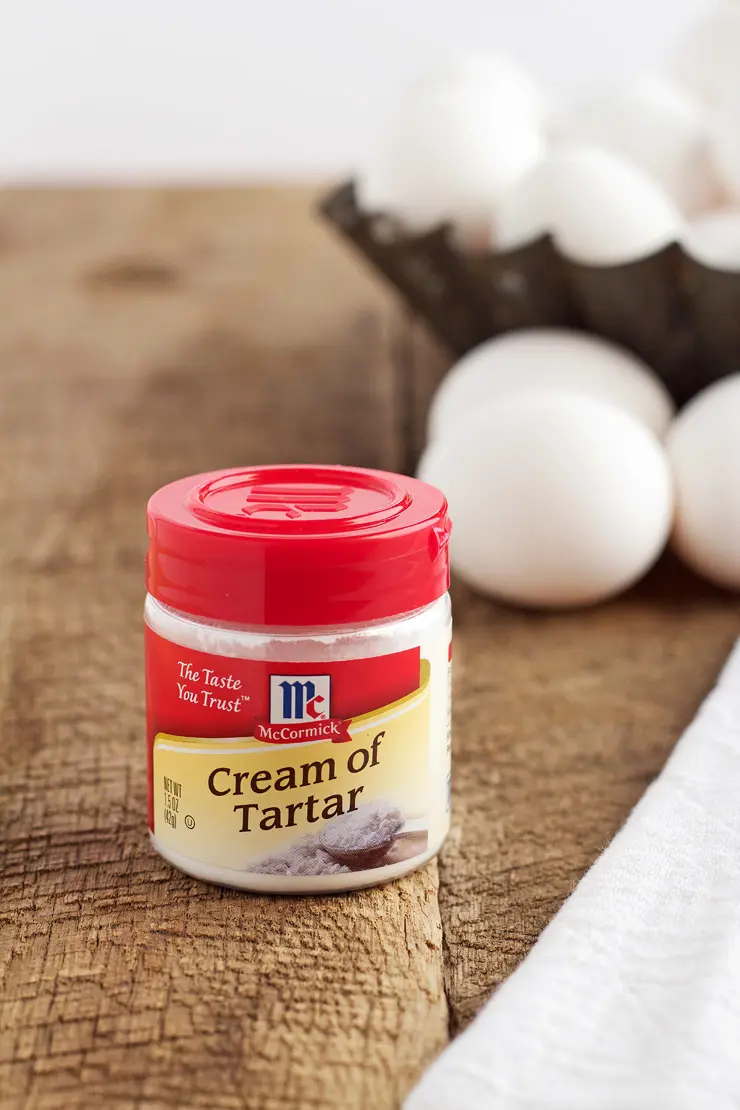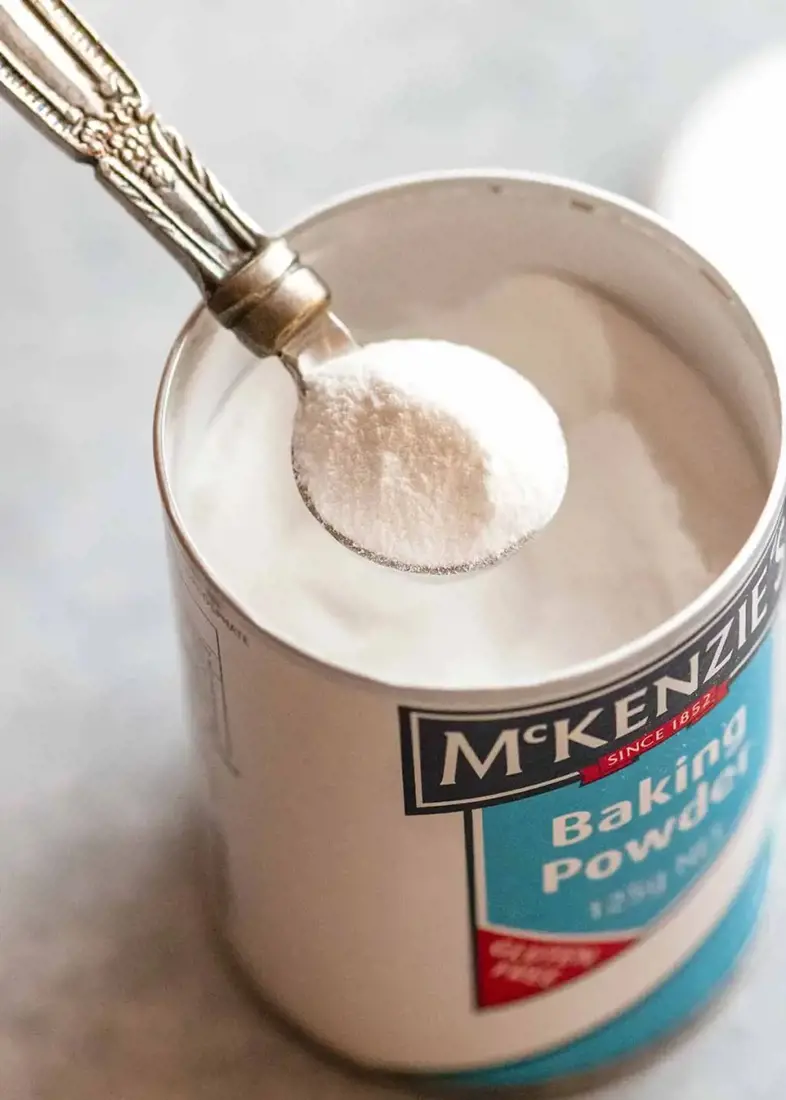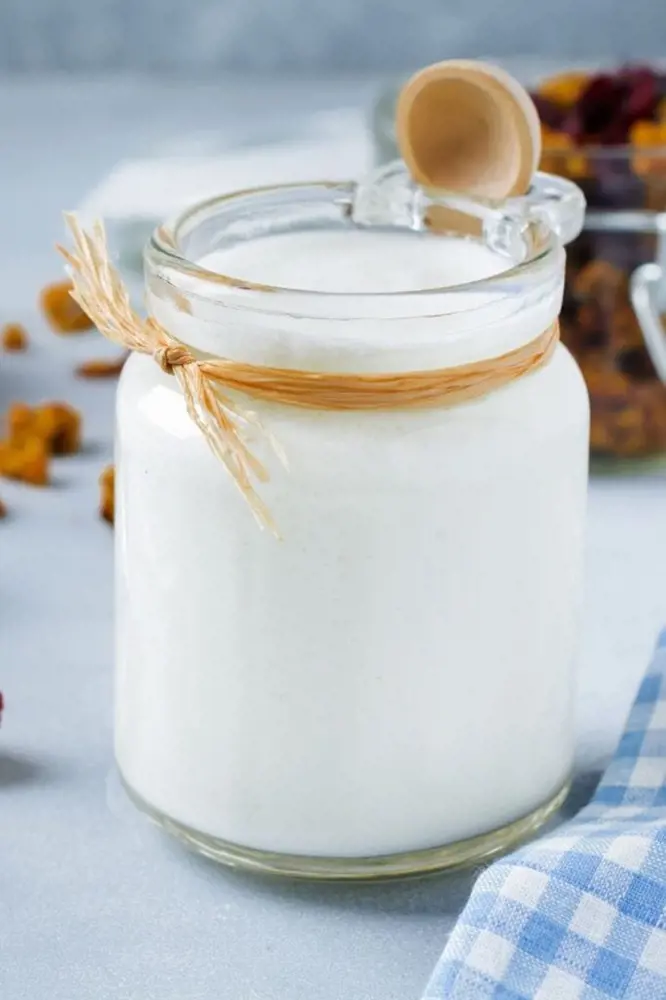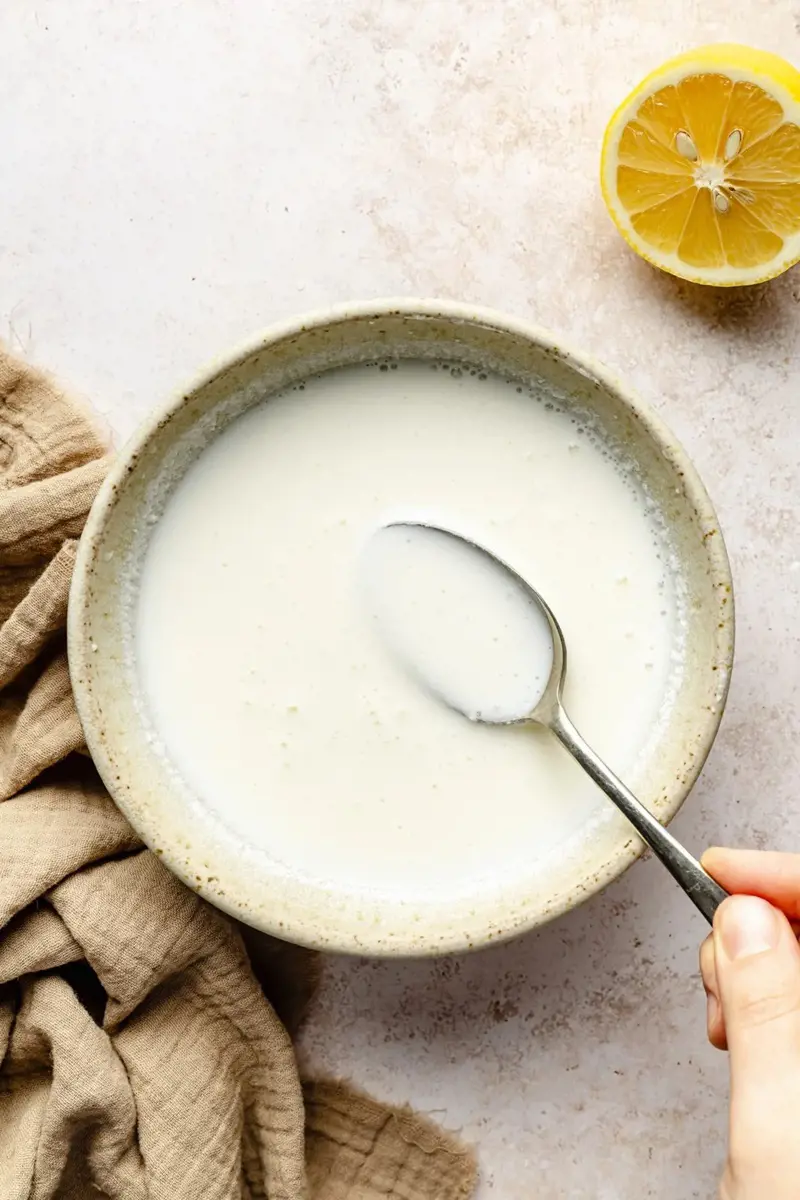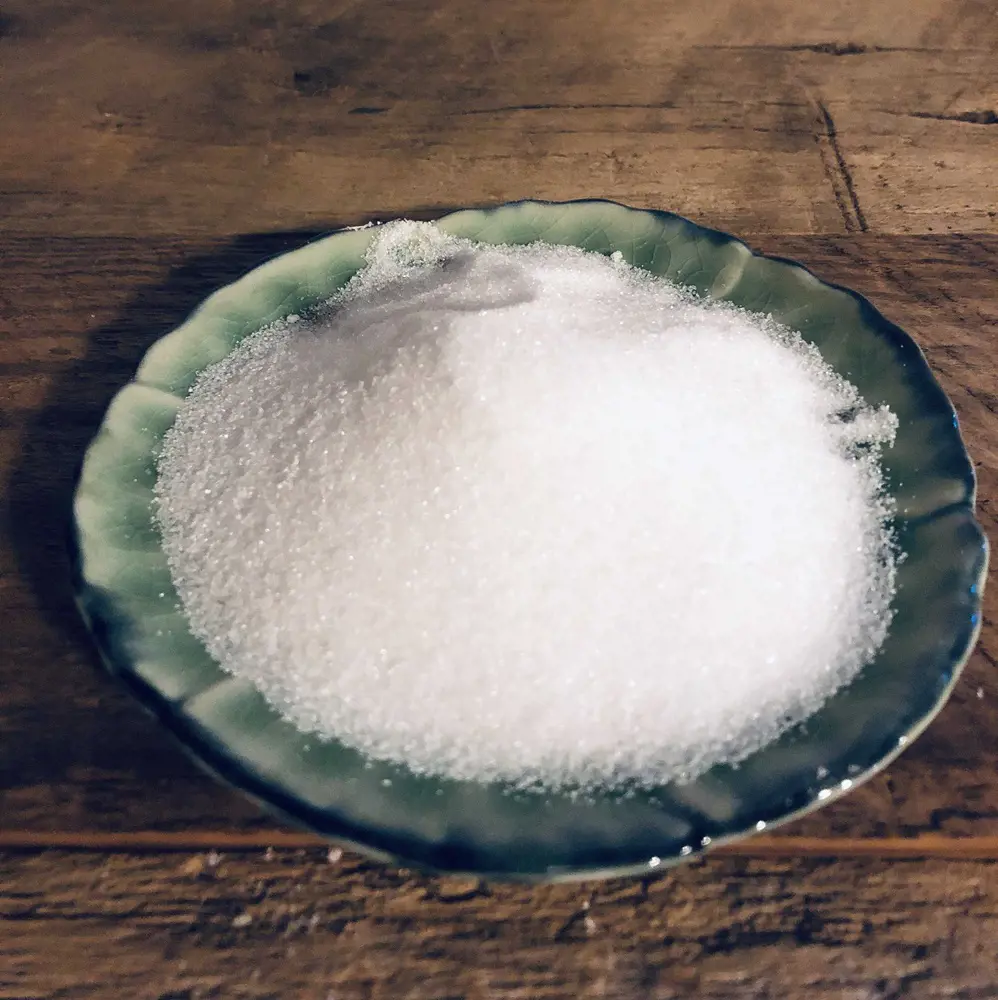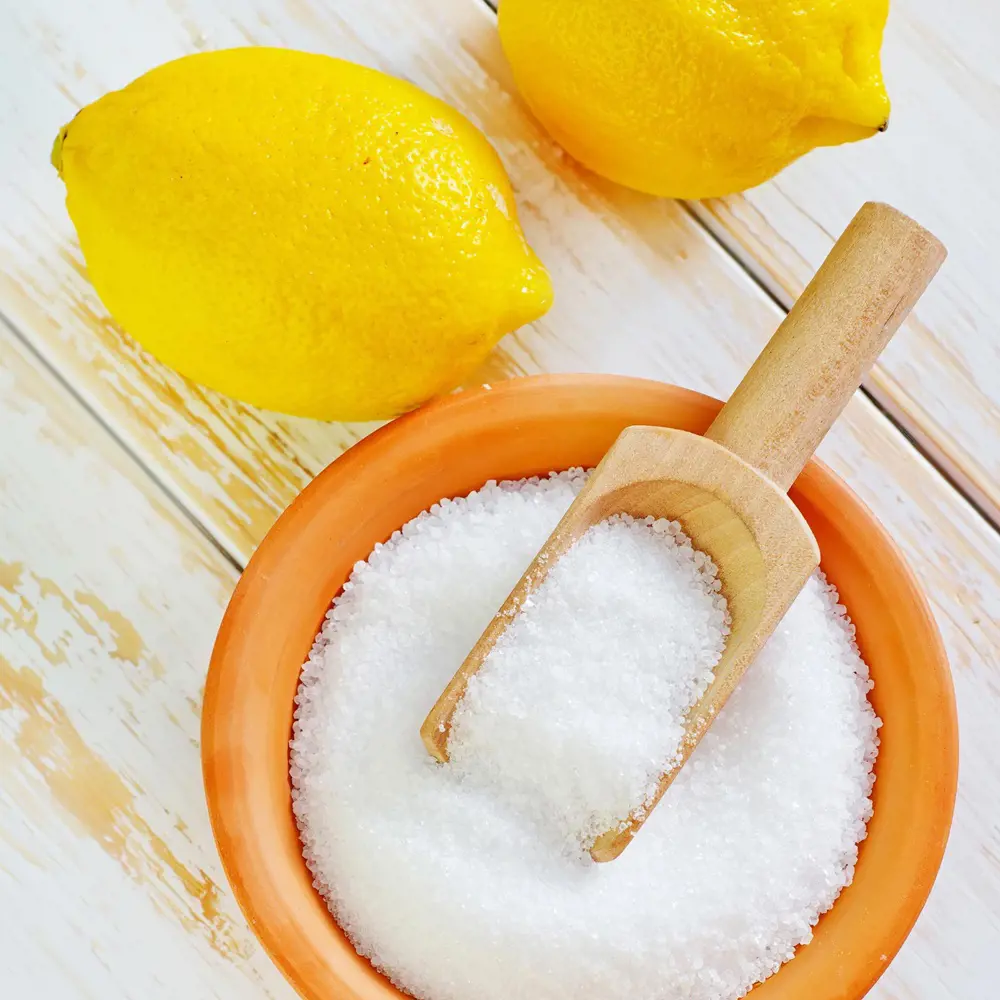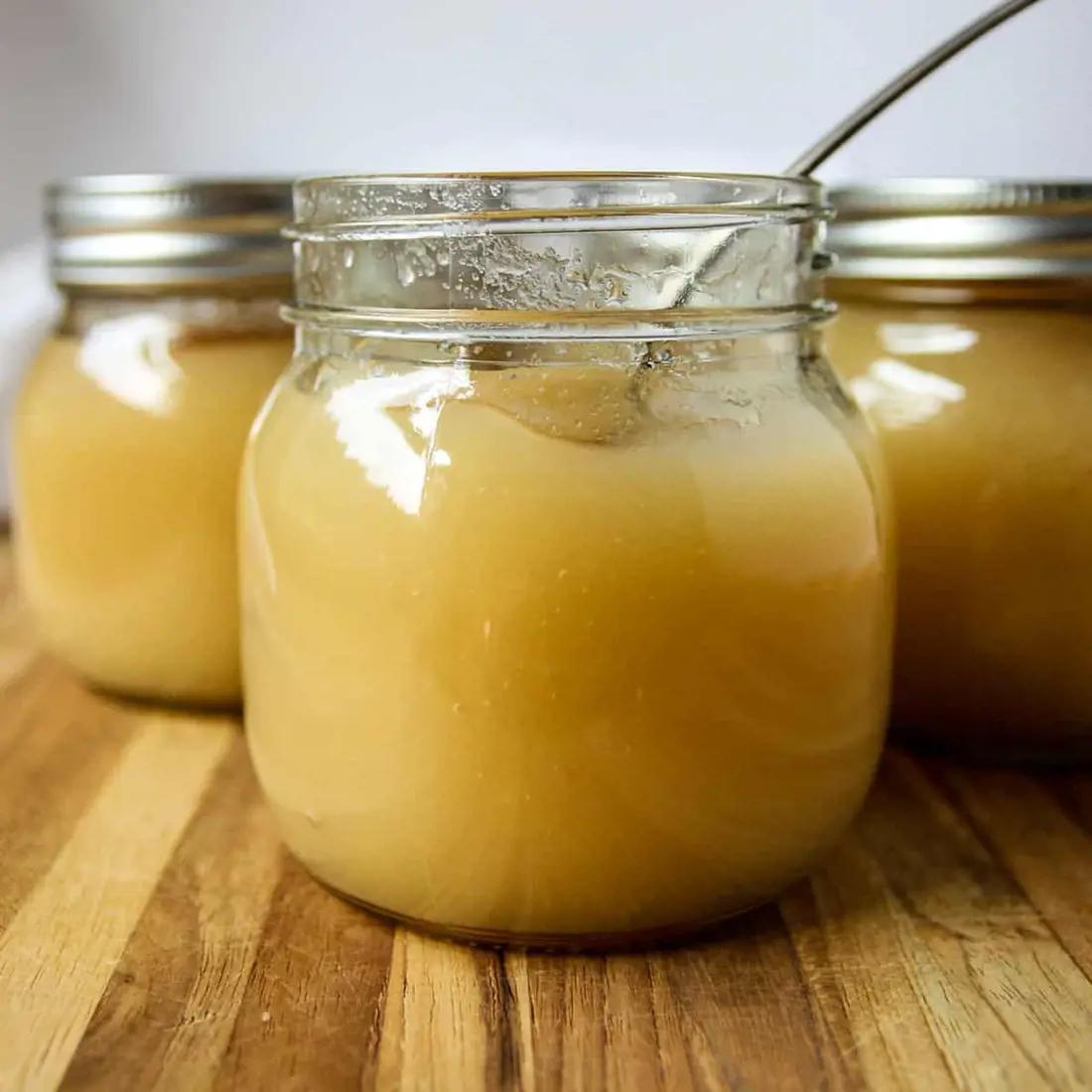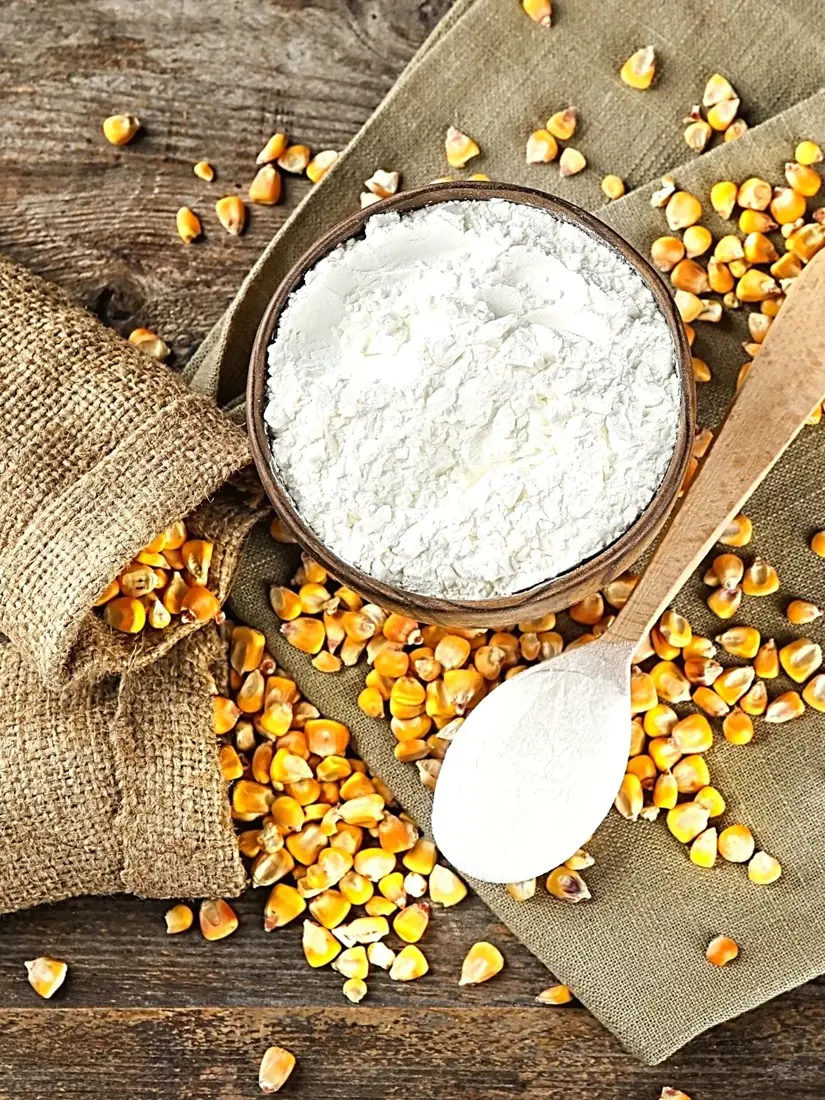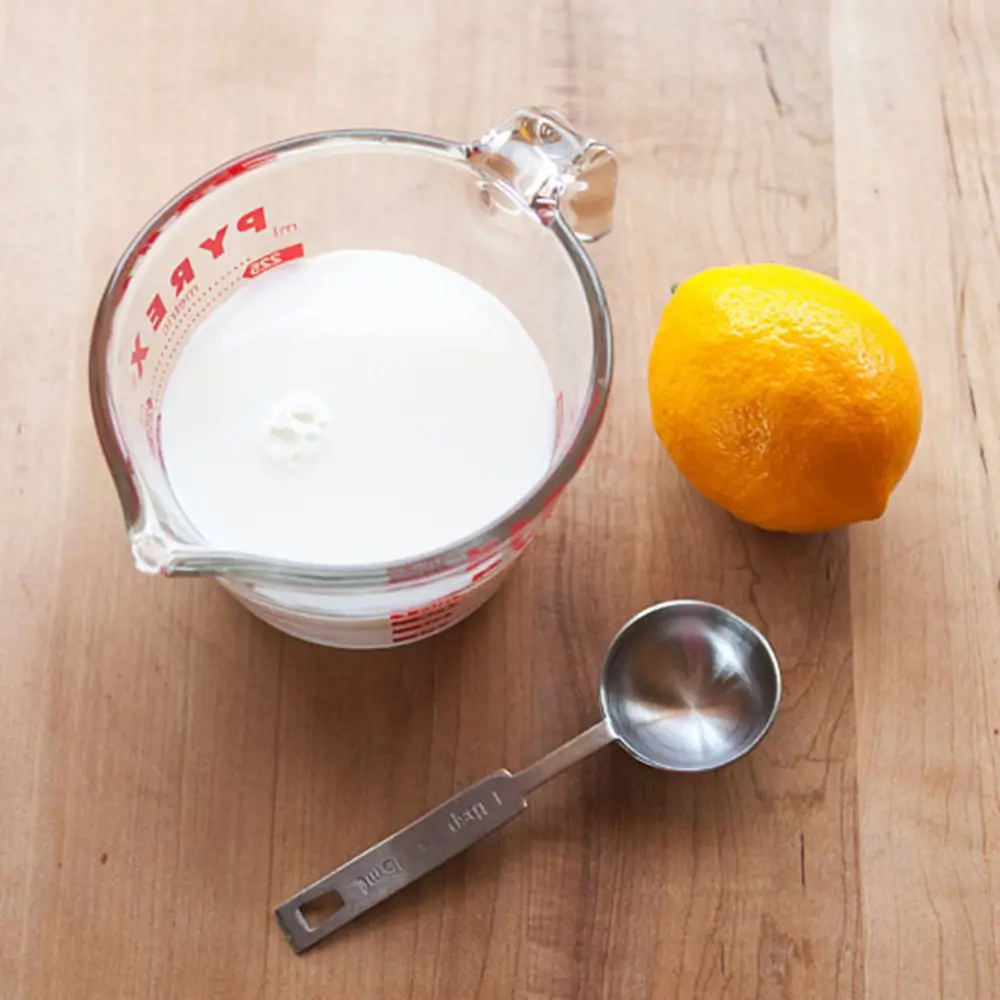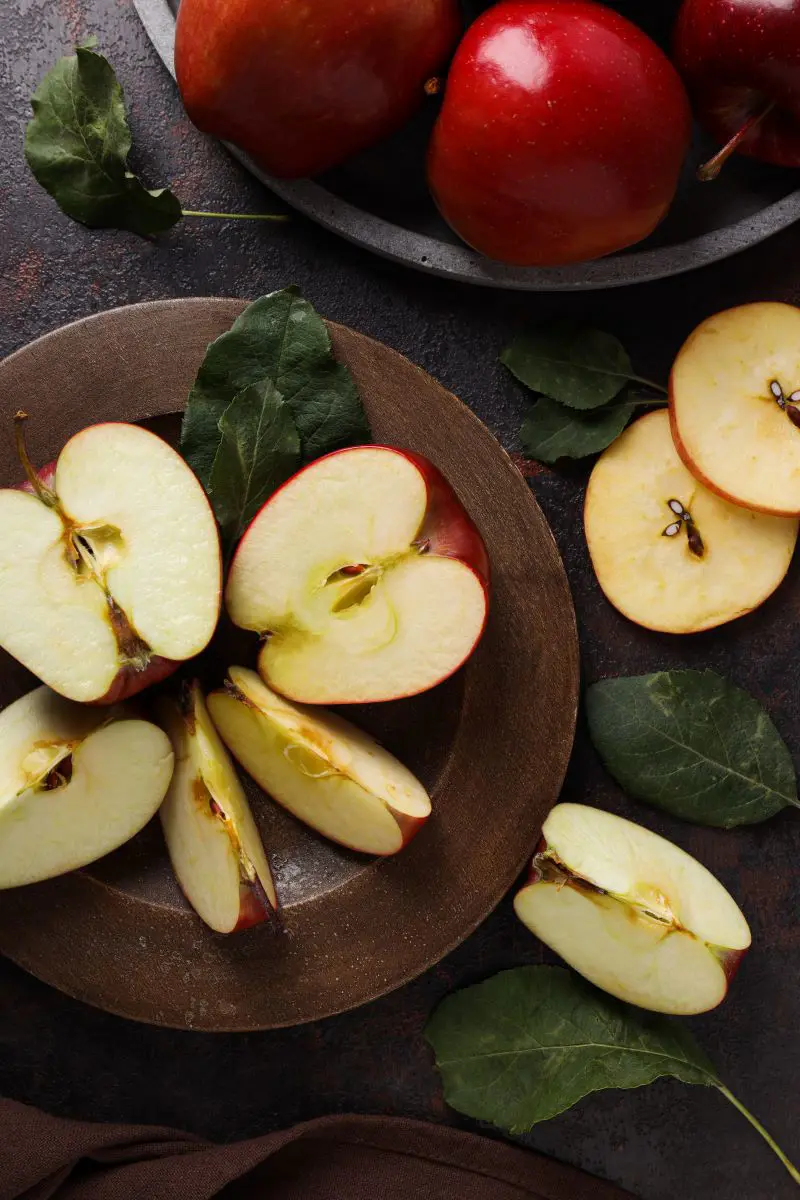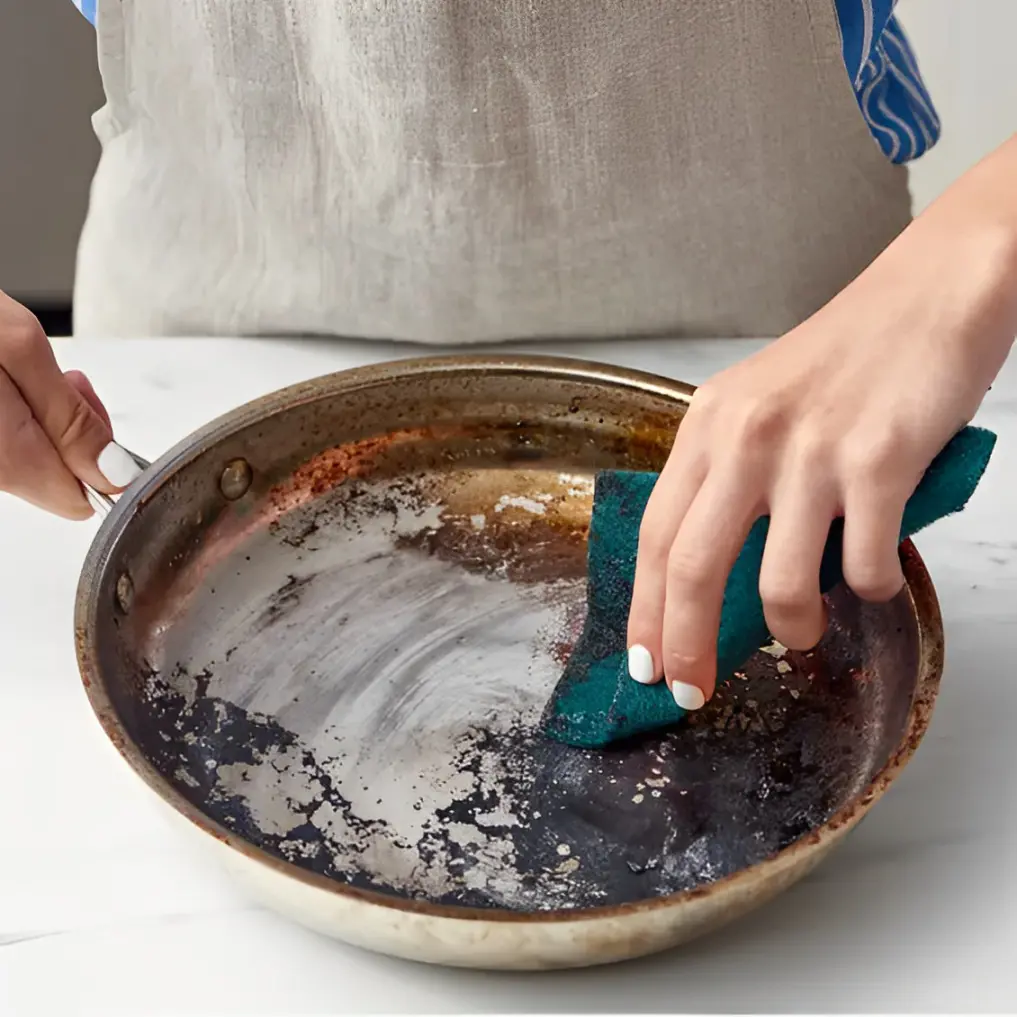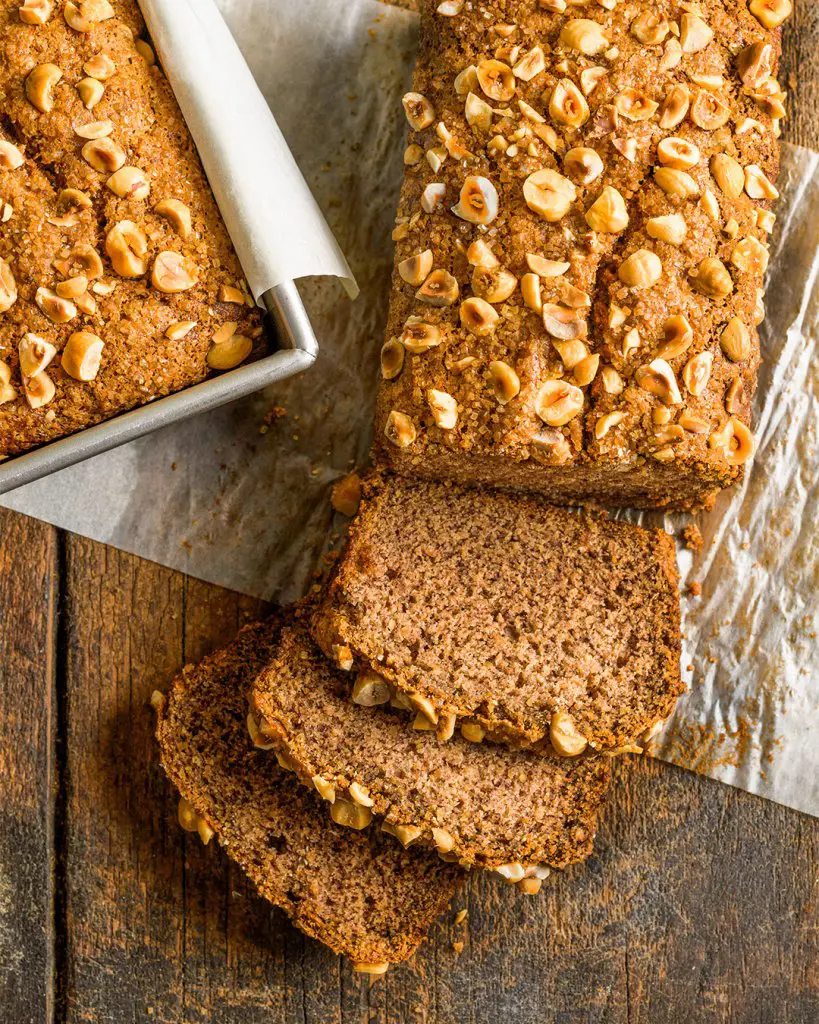1. White Vinegar
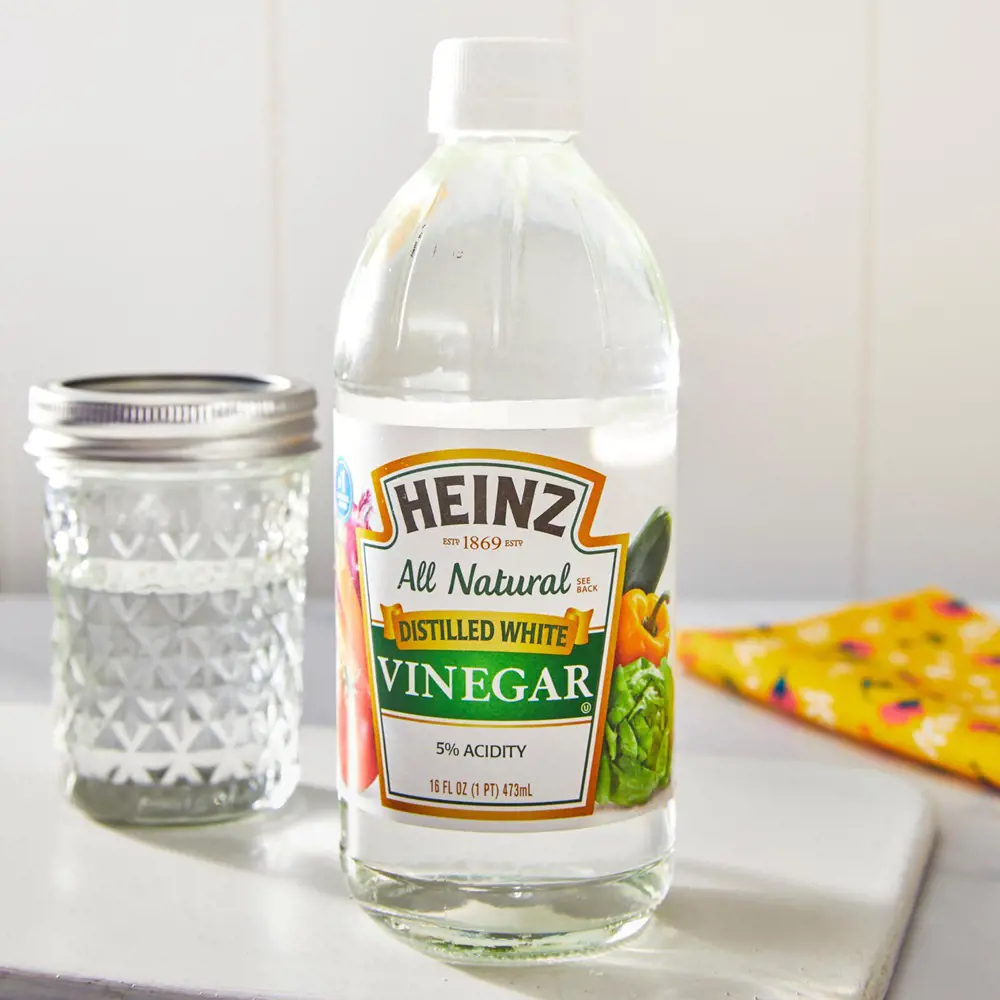
If you find yourself out of cream of tartar and need a substitute for stabilizing egg whites, you can use white vinegar. The general substitution ratio is about 1/2 teaspoon of white vinegar per egg white. Keep in mind that vinegar has a stronger flavor than cream of tartar, so it might slightly affect the taste of the final product.
It's important to note that this substitution is not ideal for all recipes, especially those where the cream of tartar contributes to the texture or chemical reactions in a specific way. In some cases, you might need to adjust the overall acidity level of your recipe if you are substituting white vinegar for cream of tartar.
